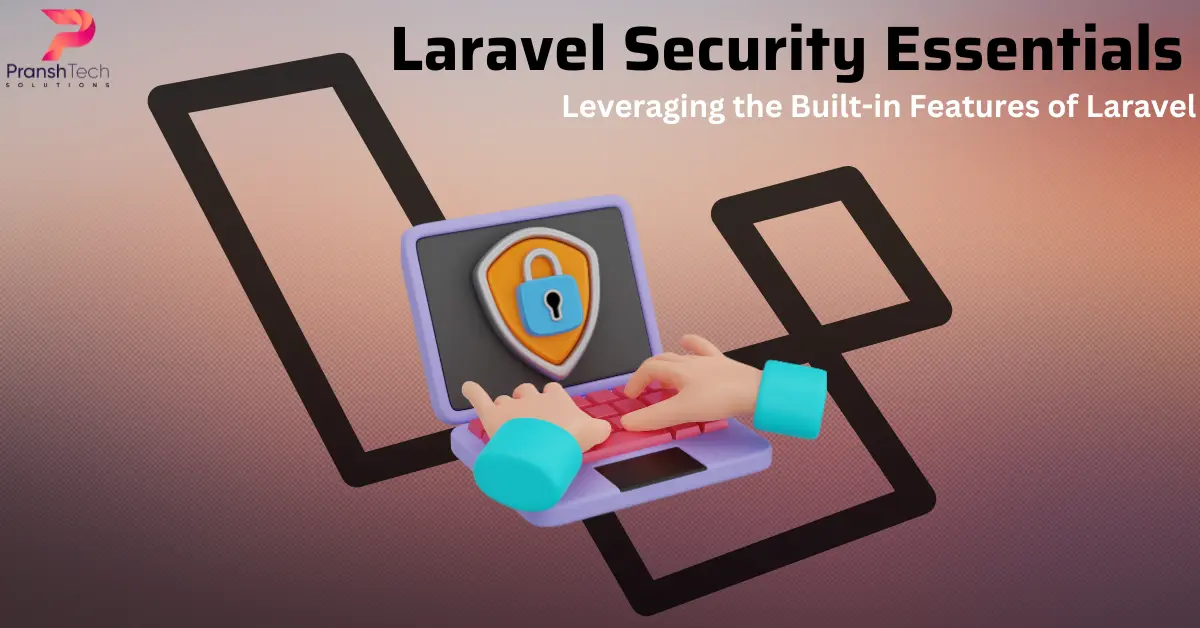Category: Laravel

Laravel API Development: Best Practices for 2025
API (Application Programming Interface) is important for allowing seamless communication between different software applications. It lets businesses integrate various services and improve user experiences. You can develop a web application, [...]
 Kishan Patel
Kishan Patel February 4, 2025

Laravel Security Essentials: Leveraging the Built-in Features of Laravel
Explore Laravel Security Essentials: password hashing, XSS protection, CSRF prevention, rate limiting, validation, encryption, HTTPS, authentication guards, middleware, and more. Trust Pranshtech for expert Laravel security solutions.
 Kishan Patel
Kishan Patel February 22, 2024





 Harsh Modi
Harsh Modi 